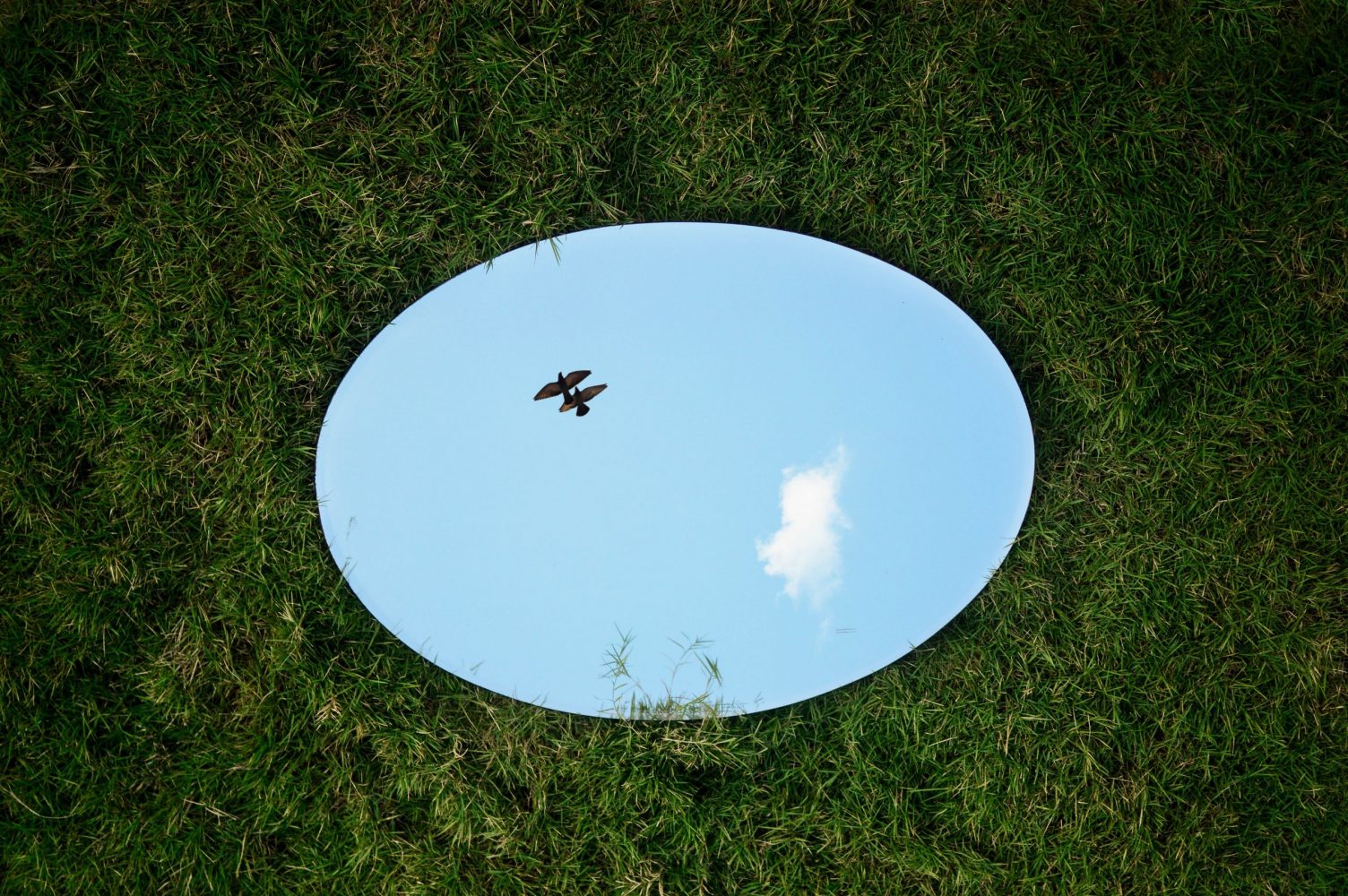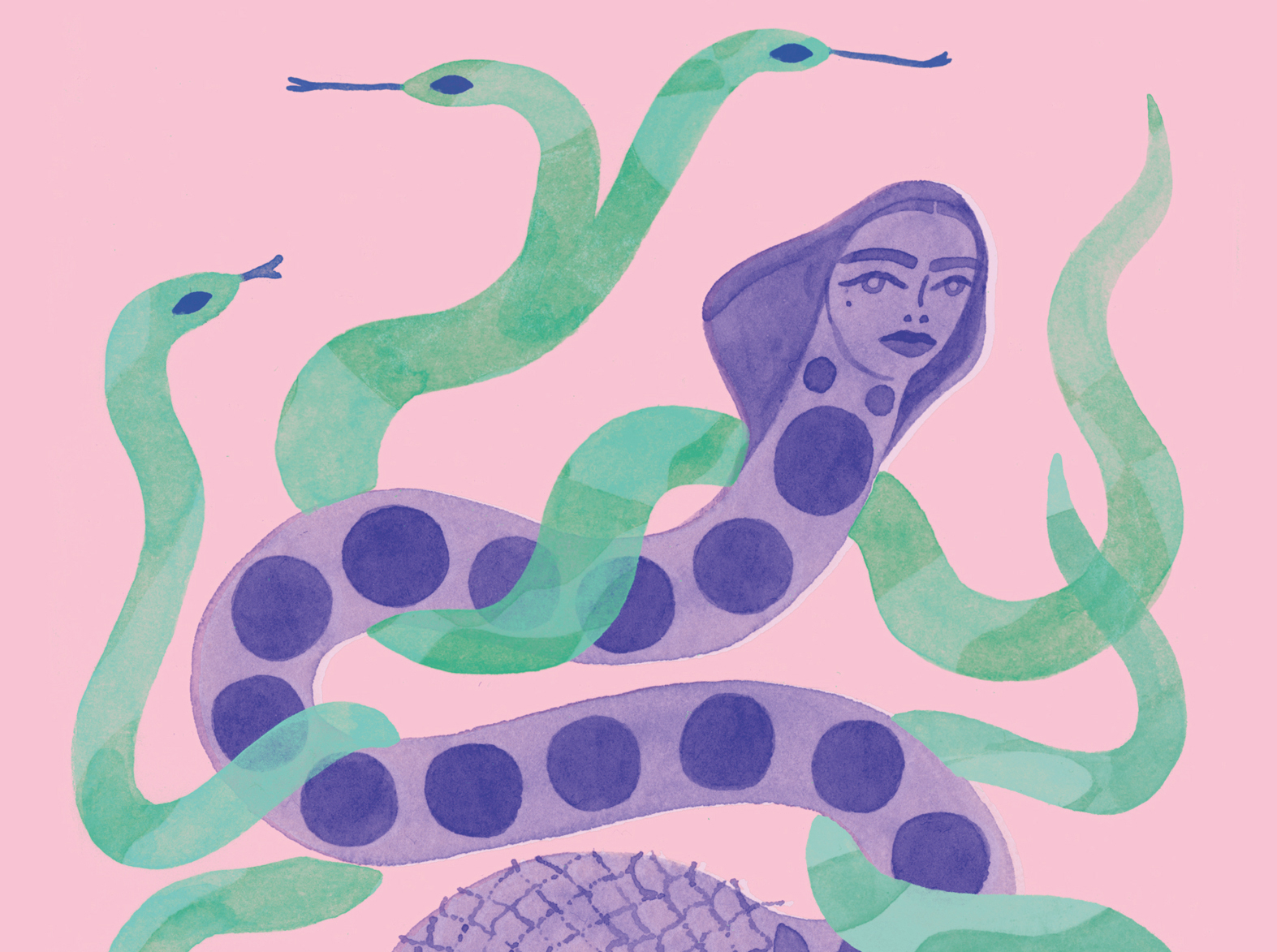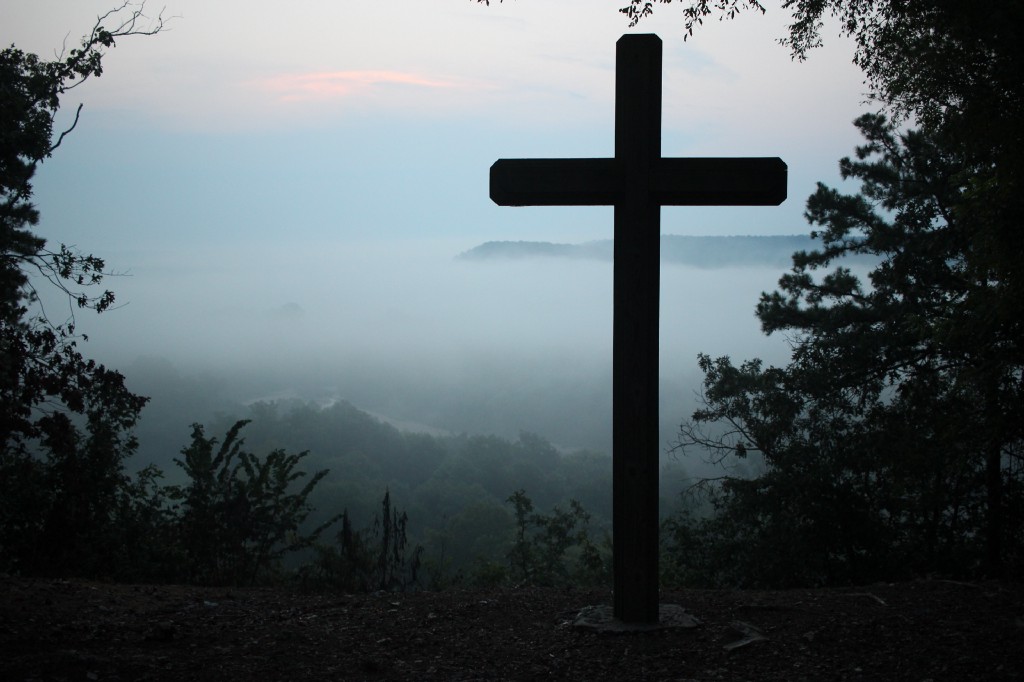interviews
How Writing Filled the Void Left by Losing God
R.O. Kwon, author of ‘The Incendiaries’ talks about a childhood in the church and the joy-terror of novel writing

I have long admired R.O. Kwon’s fiction and so it was a thrill to hold her debut novel, The Incendiaries, in my hands for the first time. I won’t attempt to summarize the plot because, as is the case with most books I love, the summary won’t come close to doing the novel justice — but The Incendiaries is lyric and devastating and it takes a hard and beautiful look into the religious void.This novel officially joins the world of books on the last day of July. Dear reader, mark your calendars. In our conversation, R.O. and I discussed having faith — in the religious sense, in the joy-terror of novel writing, and in a writer’s convictions.
Laura van den Berg: Can you describe the initial seeds for The Incendiaries? How did the book first begin to take shape in your imagination?
R.O. Kwon: I’ve joked that everything I write is, in some way, about the God I lost. I’m not sure it’s a joke, though. I grew up so freakishly Christian that my life plan was to become a missionary. I use the word “freak” as a direct quotation, since that’s what I called myself, with pride: a Jesus freak.
Then, in high school, I lost the faith. I can’t really overstate how painful it was — I used to think it would have been less hard to lose my parents than to lose the God I loved, since God, in my idea of Him, promised He’d give us back all that we lost. I was so heartbroken that, for the following year, I couldn’t see much of a reason to keep living. Meanwhile, my family and friends, most of whom still believed, dismissed my apostasy as a youthful, short-lived rebellion. So, I felt very lonely, too. I hoped to write for that girl who felt alone, to tell her I’m here. In addition, I started realizing that a lot of people exist on just one side of the belief spectrum: they know what it is to believe in a god, or they have no idea at all. I wanted to cross that rift, to show each side what the other’s worldview can look like.
I’ve joked that everything I write is, in some way, about the God I lost. I’m not sure it’s a joke, though.
I also have distant family members I’ve never met who live — or lived — in North Korea, and who I’ll probably never meet. To try to fill that hole in knowledge, that deep longing, I kept reading accounts of North Korea. The little information that makes it out, though, feels so incomplete. Eventually, I became interested in exploring this gap, in dwelling, imaginatively, in that place of unknowing, and my novel’s cult leader, John Leal, took on a North Korean past.
LVDB: Thank you for sharing this history. I can very much see, and feel, this grief on the page and also those places of “unknowing” — we do know more about John Leal and his past as the novel progresses, yet we never come to learn the “full story,” if such a thing even exists. In my view, while character histories can powerfully contextualize the present they should resist offering up definitive explanations — a line The Incendiaries manages beautifully. Much space is devoted to the interplay between past and present, with the past contextualizing, yes, but also deepening complexity and mystery. Were these sorts of craft questions on your mind as you worked on the book?
ROK: Thank you for saying that. I think a lot about balance, and complexity, and how vast we all are. Other humans can be so fascinating! The people I know best continue to surprise me with the multiverses they contain. I want to rip them apart, but in a loving way — I crave all their secrets, and I’ll never get them. In fiction, as much as I can, I hope to do justice to that complexity. (I’m reminded of Anne Carson, who said, “On the day He was to create justice God got involved in making a dragonfly and lost track of time.”)
LVDB: I was lucky to be an early reader for The Incendiaries and, if I’m recalling correctly, the draft I read was grounded entirely, or almost entirely, in Will’s point-of-view. When I read the novel in galley form, I really loved the choice you made to open up the POV, to fold in other voices, including John Leal’s. What informed that shift?
ROK: There’s so little fiction about losing faith — and then there’s so little, too, about finding it. In The Incendiaries, Will says that he can’t forget the God he lost, and “the joy [he’d] known, loving Him.” That was my experience, too, and I wanted to bring it to life — to give witness, in a way, to a profound and irretrievable joy.
I badly hoped, in other words, to give life to varieties of belief, and, in time, I thought I could best do this by actively portraying some of these varieties. Will has lost God, while the woman he loves, Phoebe Lin, is starting to find Him. I wished to show what it can be to love an invisible, silent being so much that one might be driven to, say, blow up some buildings.
LVDB: I think one of the greatest terrors and joys (joy-terrors?) of working in the long form is knowing that there will be so many false destinations along the way — scaffolding we cling to for years; moments that feel like discovery but will prove themselves to be a wrong turn — and that the work will lead me to places that I could not possibility anticipate and I have no idea what I might find there. Quite possibly somewhere fucking terrifying! This is true, I think, in the short form as well, but the scope of the novel can, in my experience at least, have a way of intensifying the process.
I know you worked on The Incendiaries for a long while and I’m wondering — what did the process look like for you? Did you have false starts and discoveries? Did the work lead you to places you could not have anticipated from the outset?
ROK: Joy-terrors — good lord, yes! I’m still aghast at how long this book took. Ten years. I so badly want the next novel to take less time. I’m hoping for, I don’t know, five years. Four? Three?
But about false starts: for two years, The Incendiaries mostly consisted of a melancholic woman’s private meditations on the nature of an absent God. For those two years, I worked and reworked the first 20 pages of a novel. The thing is, I got hung up on a metaphor: I thought my novel, like a building, needed a solid foundation, i.e., the first 20 pages. But — and this is still more proof of how powerful language is, and how dangerous metaphors can be — there’s no point in laying a foundation if you have no idea what the building will look like! Is it a skyscraper? An opera house? So, by the end of those two years, I had 20 pages of intricately reworked sentences that I — threw away.
The novel really came to life when I started externalizing the book’s obsession with faith, and centering it upon extremist, creed-driven ideologies. What I noticed is that, every time there’s a new terrorist attack, a shooting, an explosion, people say they can’t understand what the perpetrators were thinking. The terrorists are “monsters,” their actions “unimaginable.” This language of incomprehension is also, of course, sturdily a part of U.S. politics.
Rigorously agnostic though I now am, actively progressive as I strive to be, I can’t forget the God-crazed girl I once was.
I know a lot of people are justifiably sick of being asked to empathize with the ideologues and bigots who want us dead, our rights taken, our bodies claimed as theirs. But some pro-life dogmatists truly do believe they’re doing good — some terrorists, even. Rigorously agnostic though I now am, actively progressive as I strive to be, I can’t forget the God-crazed girl I once was, the fanatic who believed that life starts at conception. Who, believing this, could have prioritized the rights of unborn fetuses over those of living women. Given this history, and with and despite my personal convictions, I wanted to portray both these worldviews without dismissing one side as being utterly beyond comprehension.
46 Books By Women of Color to Read in 2018
LVDB: What books were especially important to you while you worked on The Incendiaries?
ROK: Oh, god, so many. There’s one book by Virginia Woolf that was so totemic I can’t say its name — I’m afraid that, if I name it, it might lose its magic. For the last few years I was working on The Incendiaries, I read parts of this unnamable Woolf book every day.
I even — should I confess this? One tries to avoid sounding too odd. But, in desperate moments, I prayed to Woolf, as though to a patron saint. Not because I believe she’s out there somewhere; I don’t; as I’ve said, I’m very agnostic. But I asked for Woolf’s help just because I love her so much. (There’s artistic precedent for this: George Balanchine prayed to composers while making his ballets! And Malcolm Lowry told a friend he’d once been driven to pray to Kafka. He answered my prayer, Lowry said.)
Other books I read multiple times, over the years, were written by Clarice Lispector, Marilynne Robinson, Julio Cortázar, Kazuo Ishiguro, Theresa Hak Kyung Cha, and Elizabeth Bishop. I love We the Animals by Justin Torres and Open City by Teju Cole. Anne Carson’s Eros is, in a fashion, where my novel began. W.G. Sebald is the shit. There are ways in which the novel is, I think and hope, deeply feminist, and Audre Lorde helped see me through.
More than anything, though, what helped was the day-to-day act of writing itself.
LVDB: I find that practice beautiful — and now you have me wondering about what writer I would pray to. I shall have to think on this.
We’ve been talking a lot about faith and I can’t help but think about how the act of writing a novel is, in many ways, an extraordinary act of faith — if an agnostic one. When I’ve worked with students who are writing novels, their most pressing questions are very often ones of faith — How do you keep going? How do you push through the periods where the project seems utterly hopeless? How do you sit in the uncertainty of unfinishedness? So, I was wondering: could you pinpoint a specific moment of extreme difficulty with the project, a time when your faith in it was really challenged, and how you managed to keep going? Could you also pinpoint a moment of deep joy?
ROK: Oh, god, there were so many difficult moments. Close to the five-year mark, in a fit of despair, I started a new novel. I think I eked out a single sentence, and then I thought, No, I still believe in this first book, fuck, I have to see it through.
But then, the book required five more years after that! Part of what kept me going was the help and encouragement of very generous friends, you included. The sense I mentioned of writing for the lonely girl I was — that also helped. Aspects of what I was writing about — terrorists, extremists, North Korea — kept being front-page news, which let me imagine I had something to say that people might be interested in hearing, and that helped.
More than anything, though, what helped was the day-to-day act of writing itself. Of getting to engage seriously, often desperately, with the English language. Words, words, words! I love the shape of words, I love the comet-tail histories of words. I love the roll and crunch of syllables in my mouth. Most of the time, writing’s so fucking hard. But in the rare, astonishing moments when the writing’s really going well, when I’m so deep in it that I forget I have an I, there’s nothing like it. (As Goethe said: “The songs made me, not I them.”) It’s the purest joy I know.









